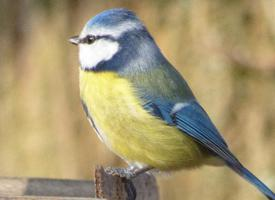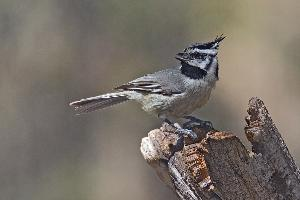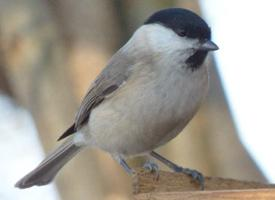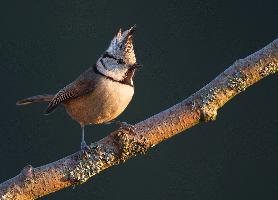
Súlyok és méretek
| Hossz | 11-tól 13-ig cm |
|---|---|
| Súly | 11 g |
| Szárnyfesztávolság | 20 cm |
Biológiai adatok
| Élettartam | 1,5 r |
|---|
Állatleírás
The Eurasian blue tit, scientifically known as Cyanistes caeruleus, is a small, vibrant bird that is a member of the tit family, Paridae. It is renowned for its striking coloration and agile behavior. Measuring about 12 centimeters in length and weighing around 11 grams, this bird is characterized by its compact body, short neck, and large head, giving it a distinctive appearance among European birds.One of the most eye-catching features of the Eurasian blue tit is its brilliant plumage. The upper parts of its body are predominantly a bright azure blue, while the underparts are a lighter yellow. A distinctive white face with a dark line passing through the eyes, as well as a blue cap atop its head, make it easily recognizable. The wings and tail exhibit a beautiful mix of blue and white, with the blue more pronounced on the wing feathers.
Eurasian blue tits are widespread across Europe and parts of western Asia. They inhabit a variety of wooded environments including deciduous and mixed forests, parks, and gardens. These birds are particularly adaptable, often seen in both rural and urban settings where trees and shrubbery are abundant.
Diet-wise, the Eurasian blue tit is omnivorous but shows a preference for insects, especially caterpillars, during the breeding season. It also consumes seeds, fruits, and nectar, showcasing its adaptability in foraging. This bird is known for its acrobatic skills while feeding, often seen hanging upside down on twigs and branches to access food.
Breeding season brings about a flurry of activity. The Eurasian blue tit is monogamous during the breeding season, with pairs forming strong bonds. Nests are intricately built in tree holes, crevices, or even artificial nest boxes, lined with moss, hair, and feathers to provide a soft bed for the eggs. The female lays a clutch of around 7-12 eggs, which she incubates for about two weeks. Both parents are involved in feeding the voracious chicks until they fledge.
Communication among Eurasian blue tits involves a variety of calls and songs. Their vocal repertoire includes a mix of trills, chirps, and whistles, which serve purposes ranging from attracting mates to signaling alarm. Their song is particularly noticeable during the breeding season, adding to the chorus of bird calls that herald the arrival of spring.
Despite facing threats from habitat loss and climate change, the Eurasian blue tit remains relatively abundant thanks to its adaptability and the availability of food sources in its habitat range. It plays a vital role in ecosystems by controlling insect populations, thereby aiding in the health of forests and gardens.
In summary, the Eurasian blue tit is a small, brightly colored bird with a wide range across Europe and parts of Asia. It thrives in a variety of habitats, has a diverse diet, and engages in fascinating behaviors that have endeared it to bird watchers and nature enthusiasts alike. Its presence is a reminder of the beauty and complexity of our natural world.
Hasonló állatok
Új állatfotók
Top 10 állat
- Dolphin gull (Leucophaeus scoresbii)
- Japanese macaque (Macaca fuscata)
- Stone loach (Barbatula barbatula)
- Russian tortoise (Testudo horsfieldii)
- Galápagos tortoise (Geochelone nigra complex)
- Greek tortoise (Testudo graeca)
- Diana monkey (Cercopithecus diana)
- Moustached guenon (Cercopithecus cephus)
- Common flying dragon (Draco volans)
- Galápagos penguin (Spheniscus mendiculus)


